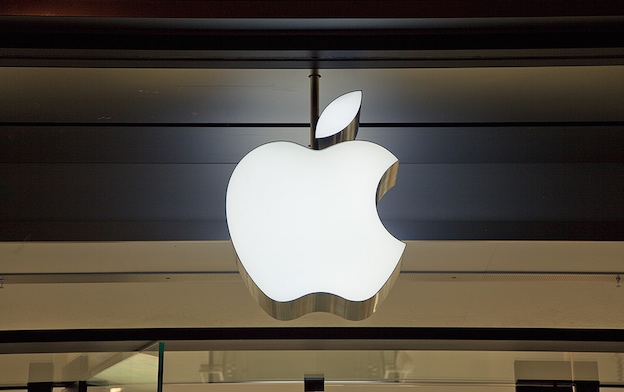One of the more interesting narratives involving Apple in 2016 focused on whether or not the company was abandoning its base of traditionally loyal pro users. The issue came to a head this past October when Apple released its new MacBook Pro, a machine that many developers and creative professionals lambasted as overpriced and under-powered.
Apple’s 2016 MacBook Pro update was particularly frustrating for pro-oriented users because it had been quite some time since Apple had rolled out a meaningful update to its flagship notebook line. In effect, many creative types were hoping for more than a TouchBar and greeted Apple’s new MacBook Pro with a collective, This is it?
Not helping matters of course is that Apple’s Mac Pro has seemingly been sitting on the sidelines, ignored, for years on end. Indeed, it’s been well more than three years since Phil Schiller introduced the Mac Pro while boldly stating, “can’t innovate anymore, my ass!”
Recently, John Gruber linked to an interesting article from Marco Solorio detailing why video professionals are increasingly eyeing the possibility of abandoning the Mac and moving over to Windows.
The Nvidia GTX 1080 might be the final nail in the coffin. I can guarantee at this point, we will have to move to a Windows-based workstation for our main edit suite and one that supports multiple PCIe slots specifically for the GTX 1080 (I’ll most likely get two 1080s that that new price-point). I’m no stranger to working on Windows systems (I’ve built my own Windows boxes since Windows 3/NT) and have Windows systems running now in our facility. But with that said, I do prefer Apple OS X when possible. But with no support of a modern PCIe-based workstation from Apple, our hands are tied to move to Windows (we may get an HP Z840 system, something similar, or a custom build we’ll do in-house). Even if the GTX 1080 could be flashed for OSX, we wouldn’t be able to take full advantage of what the 1080 has to offer, due to The Mac Pro Tower’s older PCIe buss technology.
The article is from May 2016, but seeing as how Apple’s Mac Pro still hasn’t seen an update since the piece was written, the arguments raised by the story are still as relevant as ever.
Expectedly, Gruber shining light to the story sparked a very interesting debate on Reddit regarding Apple’s handling of its Pro user base.
While some folks argued that Apple’s decision not to cater to creative professionals was extremely short-sighted, others argued that Apple has historically never catered to a niche group of users.
The most interesting comment I came across astutely suggests that the influence wielded by creative professionals is far greater in proportion than its size. As the argument goes, Apple should do everything in its power to appease professional users even though the money involved may not be more than a blip on Apple’s bottom line.
It shouldn’t matter if Pros aren’t huge money makers anymore for Apple, Apple should be supporting them rather than screwing them and then losing them. You ignore pros and creatives and artists and high end users, aka, influential people, it’s gonna trickle down. When entire industries start shifting to PC, video, film, photography, that’s going to end up being tens of millions of people down the line, people in the industries and young people pursuing that path.
I love my Mac Pro. But its time to upgrade, my options are ‘downgrade’ to an iMac, or go with a PC. Very seriously considering PC, because of Apple.
I personally think the answer lies somewhere in the middle. It’s important to recognize that Apple isn’t the same company that it was in 2000, or even in 2008 for that matter. The company’s priorities have shifted and what may have made sense business-wise years ago may not make sense today.
That said, I don’t think Apple necessarily needs to bend over backwards to address concerns held by developers and creative professionals, but it should at the very least be more willing to hear those concerns from the community instead of pretending that they don’t exist. In other words, just a little bit more transparency would go a long way.
In any event, the entire Reddit thread is worth checking out as there are a number of insightful arguments on both sides of the debate.








